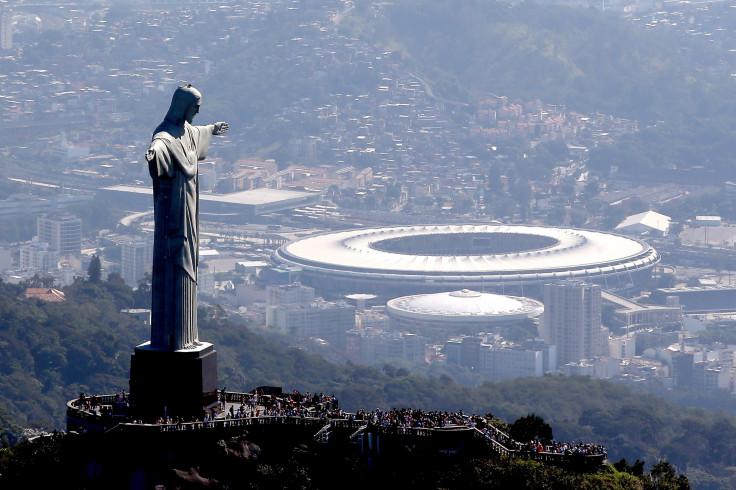Rio Olympics 'Disaster': 2016 Summer Games Already Marked By Many Problems But Games Can Stage A Comeback

A month out from the start of the 2016 Rio Summer Games, The New York Times labeled Brazil’s effort as host as an “unnatural disaster.”
With the Opening Ceremonies just a week away, conditions and attitudes haven’t changed about health concerns for all Olympians and civil unrest among Brazilians angered over misappropriated funds for the Games remains a hot issue. There are growing worries that this may be remembered as among the worst Summer Olympics in history, which follows the negative media coverage that surrounded the 2014 Winter Games in Sochi, Russia.
Since the start of the modern games in 1896, the Olympics have been a beacon for athletic excellence and appreciation. Unfortunately, the 10,500 athletes from 206 participating countries must face a litany of health and security concerns, which sheds light on the many problems facing Brazil.
There’s of course the Zika virus, which can be asymptomatic but can be passed from a pregnant woman to her fetus and potentially cause a birth defect called microcephaly. The defect limits the growth of a baby’s head and in turn brain development, according to the Center for Disease Control.
Athletes in Rio, and across Brazil, can contract Zika from a mosquito bite, however Brazil’s sports minister predicted there will be “zero” cases recorded of the disease during the Olympics.
Many, including famous golfers like Rory McIlroy, opted to skip the Olympics because of Zika, but for the athletes already in Rio there are more immediate security concerns. A six-time Australian Paralympics athlete was mugged at gunpoint last month, and human body parts washed ashore near one of the volleyball sites as well.
However, as the Wall Street Journal pointed out, there are at least a few reasons to praise Rio. For one, the venues that caused such an uproar two years ago when Brazil hosted the World Cup are reportedly ready and the new infrastructure installed in Rio’s downtown area has already become a major draw.
The report also stresses that while some public works projects have faced delays, Rio’s public transportation systems are up and running well. That can only make it easier for both athletes and fans as they trek across the city to support their countries.
Judgment might also need to be reserved for a later date. The Sochi Games received heavy criticism at the start, but much of the "Sochi Problems" seemed to be exaggerated and the hashtag that went viral began to dissipate as the Olympics progressed past the early stages.
© Copyright IBTimes 2025. All rights reserved.






















